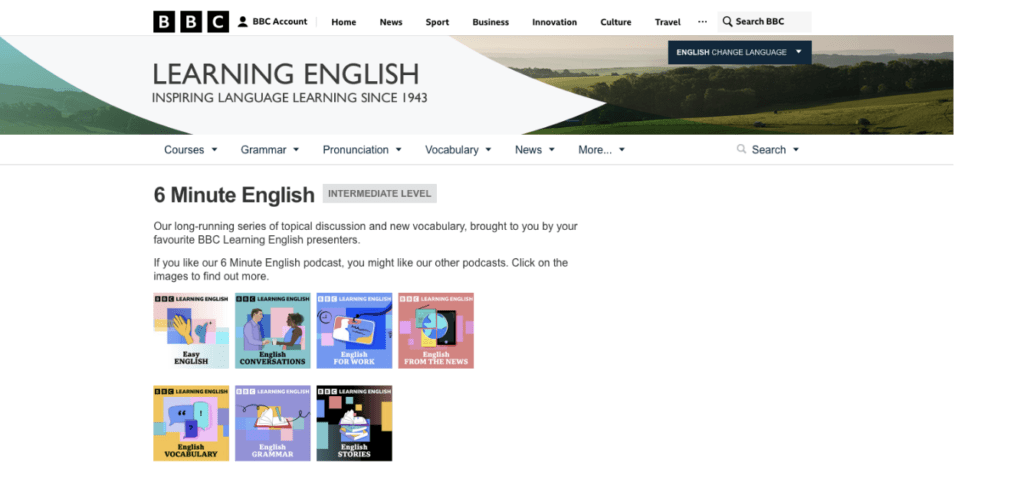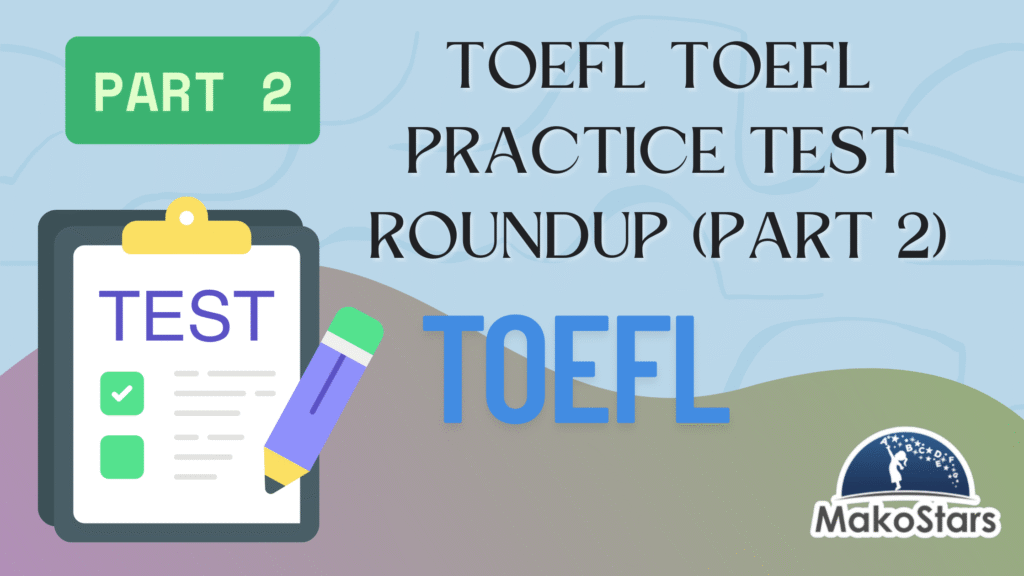Immersive English Learning: Daily Tips for Home Practice
Table of Contents
Introduction
Learning a foreign language can be an exciting journey, and immersive language learning is one of the most effective ways to make progress. You might think that language immersion requires traveling abroad, but you can create a rich language-learning environment right at home.
By incorporating English into your daily life, you can boost your skills and confidence without stepping foot outside your door. This approach allows you to surround yourself with the language, making it a natural part of your everyday routines.
In this article, you’ll discover practical tips to set up your home for English immersion.
We’ll explore how to use technology to maximize your exposure to the language and dive into ways to immerse yourself in English media and culture.
These language learning hacks will help you create a personalized, immersive experience that fits seamlessly into your life, accelerating your progress and making learning English both fun and effective.
Setting Up Your Home for English Immersion
Creating an English-friendly environment at home is like setting up a greenhouse for your language skills. By surrounding yourself with English, you’re providing the ideal conditions for your language abilities to flourish. This immersive approach can boost your confidence, enhance your cultural understanding, and open up new opportunities.
Creating an English-Friendly Environment
To kickstart your immersive language learning journey, begin with your devices. Change the language settings on your smartphone, computer, and tablet to English. This simple step ensures that you interact with English throughout your day, from reading notifications to typing messages. Install language learning apps and follow English-speaking social media accounts to increase your exposure further.
Next, fill your home with English reading materials. Stock up on books, magazines, newspapers, and even comic books in English. Having these resources readily available encourages daily reading habits, helping you improve your vocabulary and grammar skills naturally. Don’t worry if you don’t understand everything at first – the goal is to surround yourself with the language.
Using Visual Aids and Labels
Visual aids are powerful tools for language learners. They provide important context and make content more understandable. To harness this power, label common household items with their English names. This simple yet effective technique builds vocabulary and enhances word-object association. Every time you see these labels, try saying the word out loud to reinforce your learning.
Consider creating anchor charts for new concepts you’re learning. These visual summaries can serve as quick references throughout your studies. You can also use observation charts to build background knowledge on various topics. Remember, visuals don’t reduce the rigor of learning – they make content more accessible and help you focus on understanding.
Establishing English-Only Zones or Times
Designate specific areas in your home as English-speaking zones. This could be a particular room or even a cozy corner. When you enter this space, your brain will automatically switch to English mode. If space is limited, you can opt for English-only times instead. Set aside a specific period each day – it could be 30 minutes or an hour – where you communicate only in English.
During these designated times or in these zones, encourage everyone in your household to use English exclusively. This rule applies to all forms of communication, from casual chats to more in-depth discussions. To make it more engaging, come up with fun activities or games that require using English.
By implementing these strategies, you’re creating a rich, immersive environment that supports your language learning journey. Remember, consistency is key. The more you surround yourself with English, the faster you’ll adapt to thinking and expressing yourself in the language. So, get creative, have fun, and watch your English skills grow right in the comfort of your own home.

Maximizing English Exposure Through Technology
In today’s digital age, technology offers many opportunities to boost your English skills. You can create an immersive English environment that supports your language learning journey by harnessing the power of apps, websites, and device settings.
Utilizing language learning apps and websites
Language learning apps and websites are valuable tools to enhance your English skills. These platforms offer a variety of features to make learning engaging and effective. For instance, Duolingo stands out as an excellent free app for practicing English at all skill levels. If you’re not a beginner, it allows you to study multiple languages and even take a placement test to find the right starting point.

Another useful tool is Quizlet, which, while not specifically a language app, works exceptionally well for foreign language learning. It lets you create study sets, essentially digital flashcards, which are great for vocabulary practice.

When choosing apps, consider your specific needs. Some apps focus on reading and writing, while others emphasize speaking and listening. You might find it helpful to use a combination of apps to cover all aspects of language learning.
Check out our blogs on: 6 Websites to Learn English in 2024 and Apps for Improving Your English- “Slide to Unlock” Your Potential.
Changing Device Settings to English
Setting your devices to English can be a powerful way to increase your exposure to the language. However, it’s essential to approach this strategy thoughtfully. For beginners, changing all settings to English might be overwhelming and counterproductive. Instead, start small and gradually increase the number of English settings as your skills improve.
When you change your device settings, consider whether you’re engaging with the language or simply memorizing button locations. The goal is to interact with the English text meaningfully. You can expand this approach to more devices and applications as you become more comfortable.
Engaging with English Content Online
The internet is a treasure trove of English content. Websites like Yabla and Lingopie offer movies and TV shows in English with helpful learning tools. These platforms allow you to watch videos with closed captioning in English and subtitles in your native language, making it easier to understand and learn new words and phrases.

For audio learners, consider exploring English podcasts or audiobooks. Programs like Pimsleur use a spaced repetition method to help you retain new vocabulary effectively. Each lesson typically takes about 30 minutes, making it easy to fit into your daily routine.
Immersing Yourself in English Media and Culture
English media and culture is a fantastic way to boost your language skills. By surrounding yourself with authentic content, you’ll pick up new words, phrases, and cultural insights naturally. Let’s explore some effective ways to immerse yourself in English through various forms of media.
Exploring English literature and news
Reading English literature opens up a world of words and helps you expand your vocabulary in context. From classic novels to contemporary masterpieces, each story offers a unique language learning experience. As you read, you’ll encounter new words and phrases, improving your comprehension and retention. Don’t worry if you don’t understand everything at first – the goal is to expose yourself to the language.
To make the most of your reading, try these tips:
- Start with books at your current level and gradually move to more challenging texts. You can check out Makostars Store.
- Use context clues to guess the meanings of unfamiliar words.
- Keep a vocabulary journal to note down new words and their meanings.
News articles are another great resource for language learners. They provide current, relevant content and expose you to formal writing styles. Consider reading English news websites or subscribing to English language newspapers to stay informed while improving your language skills.
Enjoying English Music and Podcasts
Listening to English music and podcasts is a fun and effective way to improve your listening skills. Music helps you pick up on pronunciation, rhythm, and colloquial expressions. Try singing to your favorite English songs to practice pronunciation and fluency.
Podcasts offer a wealth of learning opportunities. They cover various topics and expose you to different accents and speaking styles. Some popular English learning podcasts include:
- “6 Minute English” by BBC Learning English
- “All Ears English”
- “ESL Pod”
- “The English We Speak” by BBC
These podcasts are designed specifically for language learners and often include explanations of vocabulary and phrases. As you become more comfortable, you can explore podcasts on topics that interest you, even if they’re not specifically for language learners.
Watching English Movies and TV Shows
Movies and TV shows are powerful tools for immersive language learning. They provide visual context, which helps you understand the language better. Here’s how to make the most of your viewing experience:
- Start with English subtitles to help you connect spoken words with their written form.
- As you improve, switch to English audio with subtitles in your native language.
- Eventually, challenge yourself to watch with English audio and English subtitles.
- Finally, try watching without any subtitles.
Remember, the goal isn’t to understand every word but to expose yourself to natural, spoken English. Pay attention to how characters express themselves, their body language, and the context of their conversations.
To enhance your learning:
- Choose shows or movies that match your interests and language level.
- Rewatch favorite scenes to pick up on details you might have missed.
- Try to mimic dialogs to improve your pronunciation and intonation.
By incorporating these immersive techniques into your daily routine, you’ll create a rich English learning environment right at home. Remember, consistency is key – even small doses of daily exposure can lead to significant improvements in your language skills over time.

Conclusion
Incorporating English into your daily life at home has a profound impact on your language learning journey. By creating an immersive environment, leveraging technology, and engaging with English media, you’re setting yourself up for success.
These practical tips provide a roadmap to boost your skills and confidence without leaving your house. The key is to be consistent and patient, allowing yourself to grow comfortable with the language over time.
Remember, learning a language is a personal journey, and what works best for you might be different from others. So, feel free to tweak these strategies to suit your needs and interests. By making English a natural part of your everyday routines, you’re not just learning a language – you’re opening doors to new experiences, cultures, and opportunities. Keep at it; you’ll be amazed at how quickly your English skills improve




![12 Basic Grammar Rules to Write Like a Pro [2025 Guide]](https://englishlearninghub.online/wp-content/uploads/2025/07/12-Basic-Grammar-Rules-to-Write-Like-a-Pro-2025-Guide-1024x576.png)

